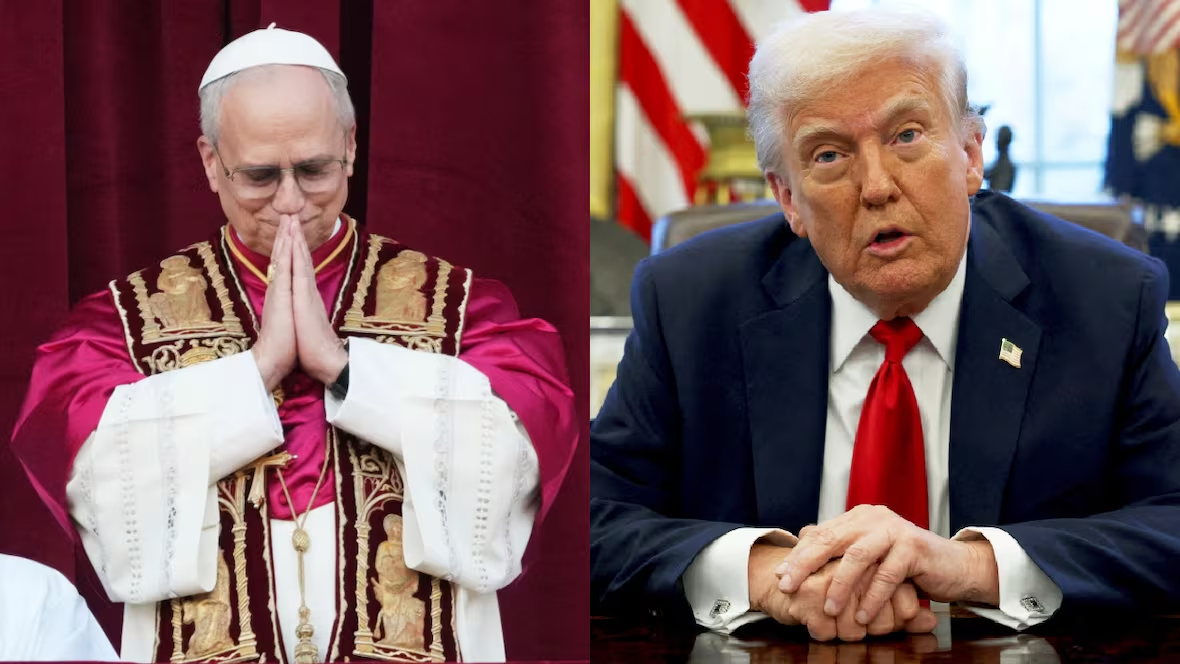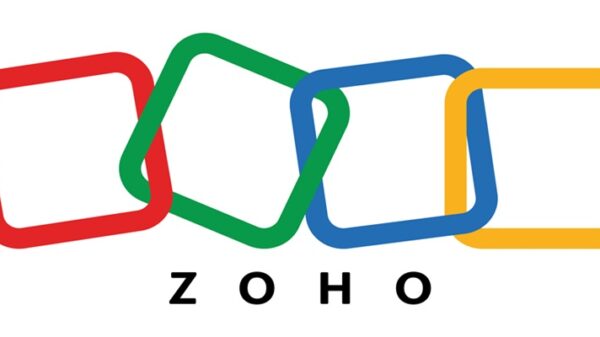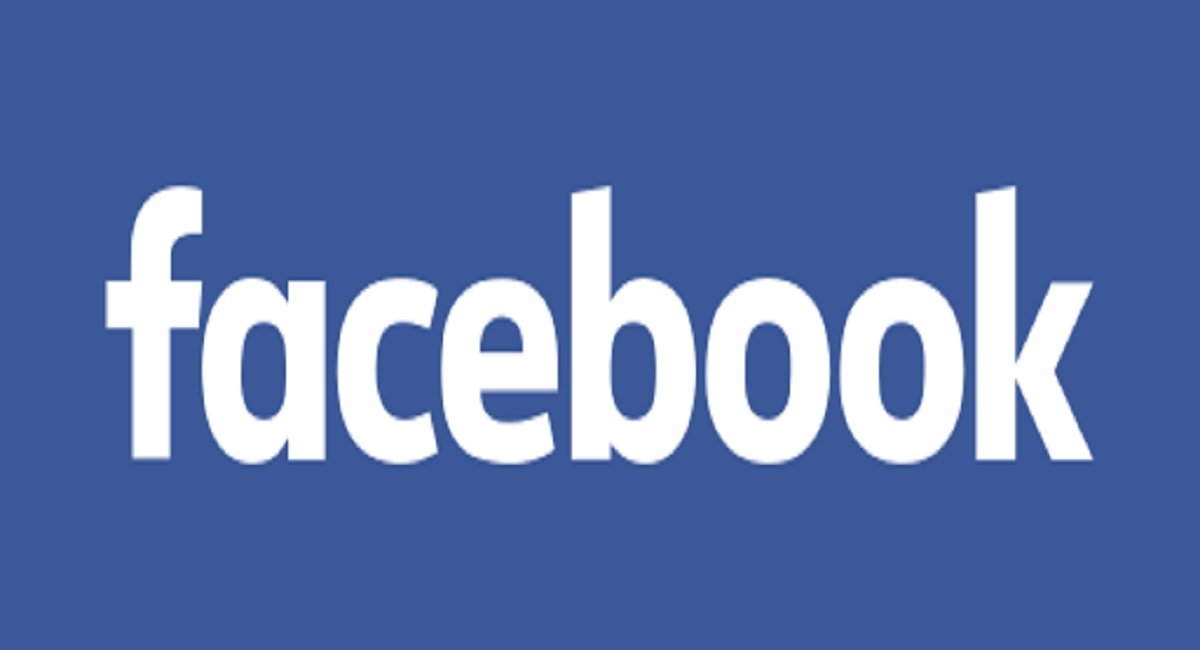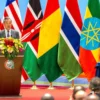Facebook is the most commonly restricted social media app by governments across the world. This is according to theInternet Shutdown Tracker, compiled by cyber security firm Surfshark.
The tracker was developed in partnership with internet watchdog Netblocks, which says social media censorship cases this year were spread through all continents. In the first half of 2022, Surfshark recorded six incidents in five countries: Brazil, Burkina Faso, Sri Lanka and Zimbabwe have all shut down their social media once, and Russia twice, with one case still ongoing.
The report says: “46% of the global population has been affected by government-imposed Facebook restrictions over the past seven years.
“Twitter and WhatsApp follow the app, the latter being the most censored VOIP app. Governments also targeted Instagram, Telegram and YouTube.
“Currently, 16 of 196 analysed countries and territories are restricting access to social media or VOIP services. Most of the ongoing restrictions (12) are registered in Asian countries.”
The most common reasons for censorship were political turmoil and protests, says the report.
Internet surveillance, censorship and restrictions are becoming the new norm for some governments in their fight against political unrest, according to analysts.
However, the study notes overall internet restriction cases decreased by 14% worldwide in the first half of this year – from 84 in the second half of 2021 to 72.
The Surfshark research tracks partial and complete internet and social media shutdowns in 196 countries and territories from 2015 to now.
According to Surfshark’s study, 5.7 billion people in 76 countries have been deprived of internet access since 2015.
Commenting on the latest report, Alp Toker, Netblocks CEO, says: “The slight decrease in observed nation-scale internet shutdowns in early 2022 follows a period of unprecedented reliance on the internet during the pandemic.
“Yet this is no reprieve — around the world the overall decline in freedoms continues, which is why it is essential to monitor and support human rights and democracy in the digital sphere.”
Agneska Sablovskaja, lead researcher at Surfshark, adds: “We see a positive trend of internet restriction cases going down this half of the year. Nevertheless, the number of countries that use internet disruptions as a weapon to silence citizens’ unrest remains worryingly high.
“Most cases are of national or local magnitude where the internet is slowed or completely shut down, leaving its people without most of their communication means.”
![]()




























































